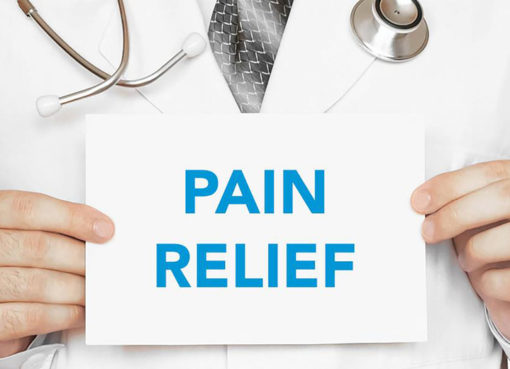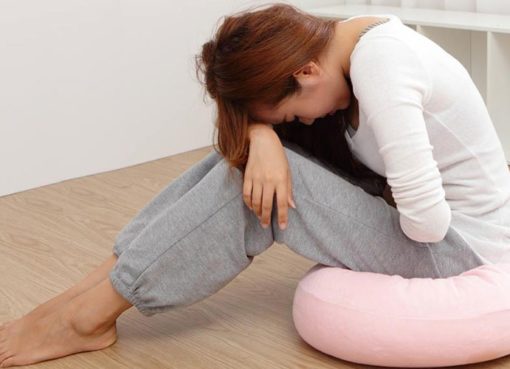What is Health?
How would you define health? Is it a condition of complete physical, mental and social well-being? Is it simply the absence of illness or infirmity? Or on the other hand is health an asset for everyday life, instead of the goal of living; a constructive idea, emphasizing social and individual resources and additionally physical capabilities?
Good health is harder to define than bad health because it must convey a concept more positive than mere absence of disease, and there is a variable area between health and disease. Health is clearly a complex, multidimensional concept. Health is, ultimately, poorly defined and difficult to measure, despite impressive efforts by epidemiologists, vital statisticians, social scientists and political economists. Each individual’s health is shaped by many factors, including medical care, social circumstances, and behavioral choices.
Health Care
Healthy individuals are able to mobilize all their physical, mental, and spiritual resources to improve their chances of survival, to live happy and fulfilling lives, and to be of benefit to their dependents and society. Achieving health, and remaining healthy, is an active process. Natural health is based on prevention, and on keeping our bodies and minds in good shape. Health lies in balancing these aspects within the body through a regimen consisting of diet, exercise, and regulation of the emotions. The last of these is too often ignored when health advice is dispensed, but can have a pronounced effect on physical well-being.
Diet
Every day, or so it seems, new research shows that some aspect of lifestyle – physical activity, diet, alcohol consumption, and so on – affects health and longevity. Physical fitness is good bodily health, and is the result of regular exercise, proper diet and nutrition, and proper rest for physical recovery. The field of nutrition also studies foods and dietary supplements that improve performance, promote health, and cure or prevent disease, such as fibrous foods to reduce the risk of colon cancer, or supplements with vitamin C to strengthen teeth and gums and to improve the immune system. When exercising, it becomes even more important to have a good diet to ensure that the body has the correct ratio of macronutrients whilst providing ample micronutrients; this is to aid the body in the recovery process following strenuous exercise.
Exercise
Physical exercise is considered important for maintaining physical fitness and overall health, building and maintaining healthy bones, muscles and joints, promoting physiological well-being, reducing surgical risks, and strengthening the immune system. Aerobic exercises, such as walking, running and swimming, focus on increasing cardiovascular endurance and muscle density. Anaerobic exercises, such as weight training or sprinting, increase muscle mass and strength. Proper rest and recovery are also as important to health as exercise, otherwise the body exists in a permanently injured state and will not improve or adapt adequately to the exercise. The above two factors can be compromised by psychological compulsions (eating disorders, such as exercise bulimia, anorexia, and other bulimia), misinformation, a lack of organization, or a lack of motivation. Ask your doctor or physical therapist what exercises are best for you.
Emotions
You may have heard about the benefits of diet and exercise ad nauseam, but may be unaware of the effect that your emotions can have on your physical well-being and, indeed, your longevity. Like physical health, mental health is important at every stage of life. Mental health is how we think, feel, and act in order to face life’s situations. Prolonged psychological stress may have a negative impact on health, such as weakening the immune system.
Attitude
It is always pleasant to enjoy the fruits of our labors, of course. Sometimes, however, it seems that whatever we do, it’s just not enough to be able to afford that new car or that foreign holiday. So, what do we usually do then? We work harder, longer; we increase the stress on our minds and bodies; we spend less time with our families and friends; we become more irascible and less likeable people. If you find yourself in this situation, just stop for a moment, and consider: Is it all worth it? What is the purpose of life? Surely it is to be happy. You’ll probably be happier if you adopt the philosophy that true quality of life is not to be found in material things. If you convince yourself that you want less, you’ll need less. If you need less, you’ll cope with life more easily, and the happier, and therefore healthier, you’ll be.





